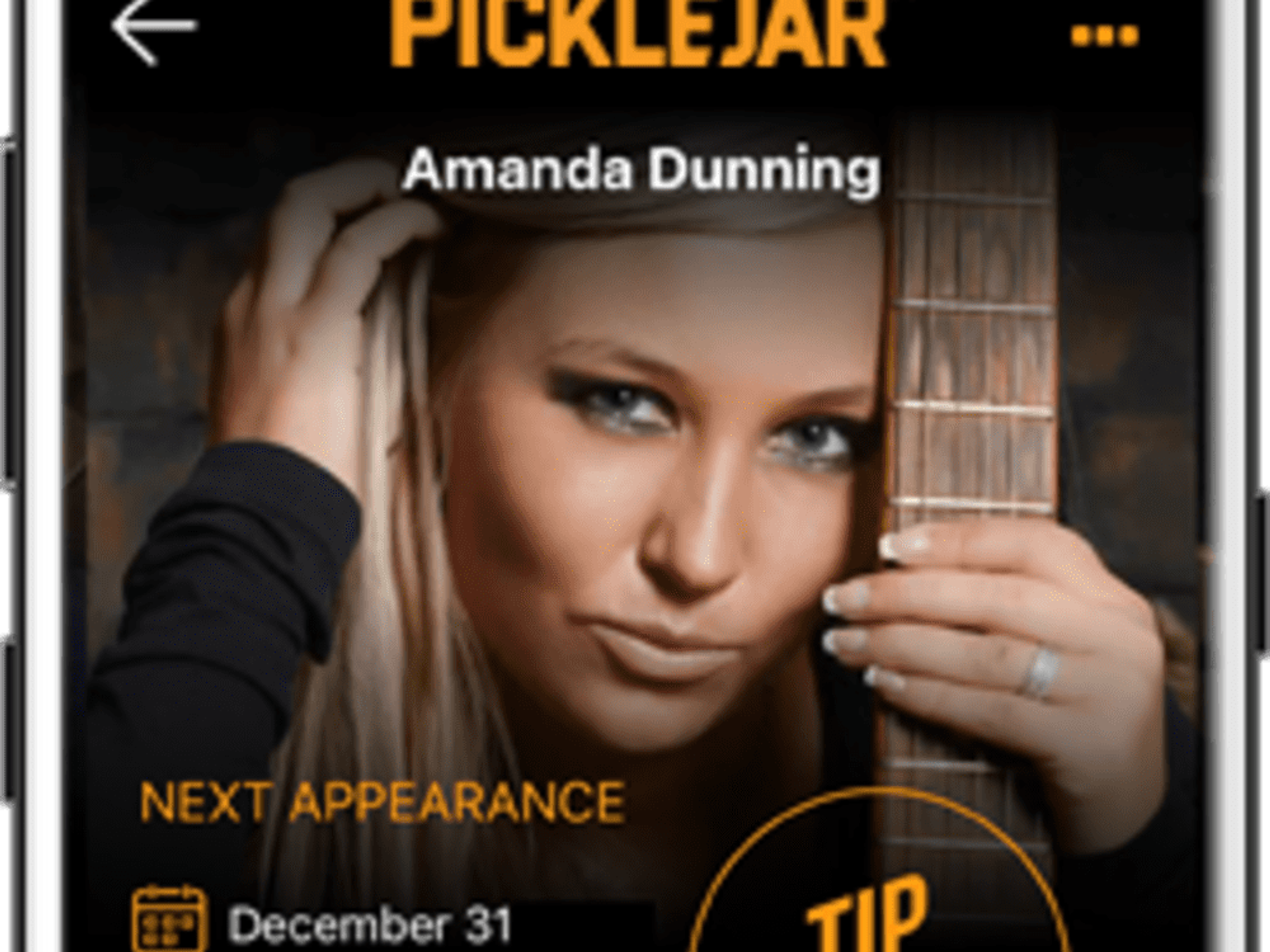music to their ears
New fine-tuned Texas-based app tips the scales in favor of musicians

Like so many business owners, Jeff James’ inspiration for his innovative new music app, PickleJar, came out of sheer necessity. Sitting in a bar in the buzzy Broadway district in Nashville, Tennessee, James, a serial entrepreneur, realized there had to be a better way to tip performing musicians.
“This young girl comes through the crowd carrying a Yeti bucket, asking for $20 for the band,” James tells CultureMap. With no cash on hand, James donated via Square. “$60 later, I had so many questions: Would she remember my name? Would she remember my songs? There’s got to be a better way to do this.”
James, a former radio DJ and record label veteran, started scribbling his idea for a musician tipping app on a napkin. Two years later, Houston-based PickleJar was sparked, James says, because “every musician we spoke to hates the way they’re paid on these apps like Venmo and Facebook.”
Pushing an artist-first mission, PickleJar ensures that every musician utilizing the app keeps 100 percent of the money — something unheard of when James started the process two years ago. Fans donate to musicians on the app and, in turn, get five times that tip in proprietary digital currency called Pick Coins.
“If you tip $100 to a musician, you get 500 Pick Coins,” explains James, “that goes to buying tickets, merch, or VIP experiences on our app.”
Another artist-first perk: The artist also gets 500 Pick Coins in that scenario.
With its own e-commerce platform, PickleJar allows fans to use these Pick Coins for experiences and musicians to use them for much-needed equipment. PickleJar has partnered with Austin-based Strait Music Company, which will provide musicians with instruments and gear. Musicians can create their own wish lists so fans can directly contribute to the desired gear.
PickleJar also allows musicians to livestream.
“On Facebook Live, data shows that only about 8 to 10 percent of an artist’s audience know they’re live,” James says. “On top of that, Facebook takes 30 to 40 percent of the tips.”
With PickleJar, 100 percent of an artist’s fans will be notified when the artist is livestreaming.
Fans can even donate directly to a musician’s nonprofit of choice, something happening now during Hurricane Ida relief efforts. Numerous artists on PickleJar are raising funds for Ida assistance, James notes.
“We really believe that a gratitude economy is emerging,” he says. “We wanted to create the easiest way possible for fans to say thank you.”
That thank you option also means fans can send direct messages, notes, and even pictures on the app, which, James acknowledges with a chuckle, could get very interesting.
Another musician-first nuance not found on other apps: PickleJar allows for “smart” splits so musicians are appropriately compensated for their specific contributions. An artist who wrote songs and drove the van to a gig, for example, can be funneled a higher percentage of tips than bandmates who contributed less.
James and his Houston-based tech team are also working on a TV channel on streaming devices, dubbed PickleJar Plus.
While one might be tempted to assume PickleJar is meant for those gig-to-gig struggling musicians, James assures that the app is meant for every level, which he breaks down accordingly:
- “Never-evers”: These folks will never get signed, but use the app to get better.
- “Got talent, not signed”: Artists can use PickleJar to build audiences and crowdfund.
- “I’m signed/labeled”: Here, signed artists curate set lists, which can be monetized via tips.
- “Idols”: These artists are already brands. “Kenny Chesney can use this to make sure every dollar goes to a nonprofit,” says James. “Chesney’s team can watch a meter, and when donations hit a specific dollar amount, Chesney can reward fans with their favorite song.”
If all this seems to point to James one day managing and representing artists, James says that idea is not entirely off. PickleJar could one day be the world’s biggest independent record label, he acknowledges, by the way it allows indies to promote themselves.
“We were in a meeting and the guy says, ‘You’re going to change the entertainment world forever,’” James recalls. “We hope so. We just want to build a relationship with artists — and put them first.”
